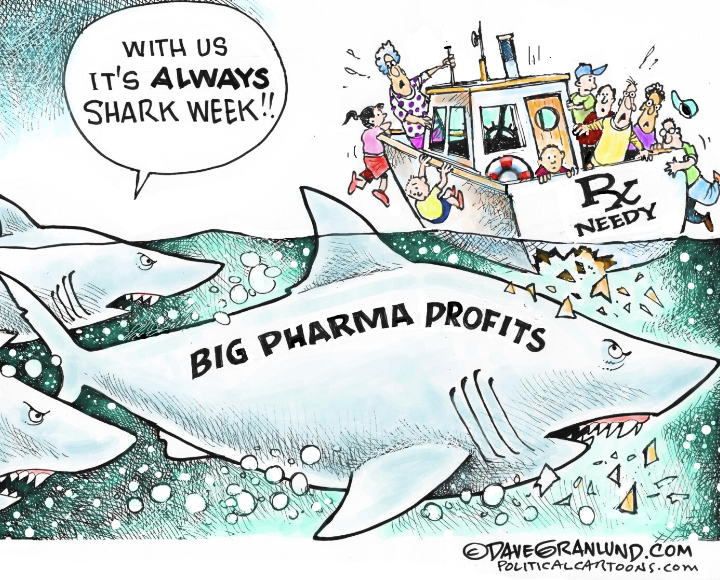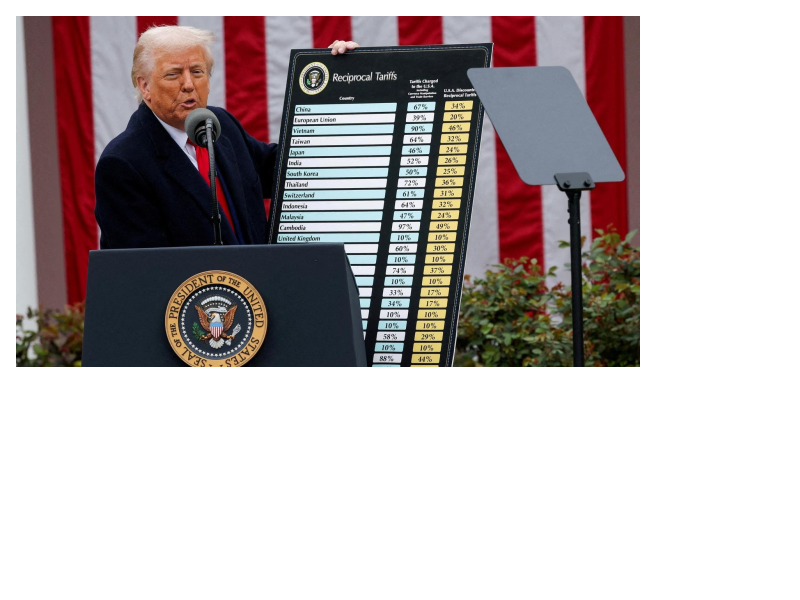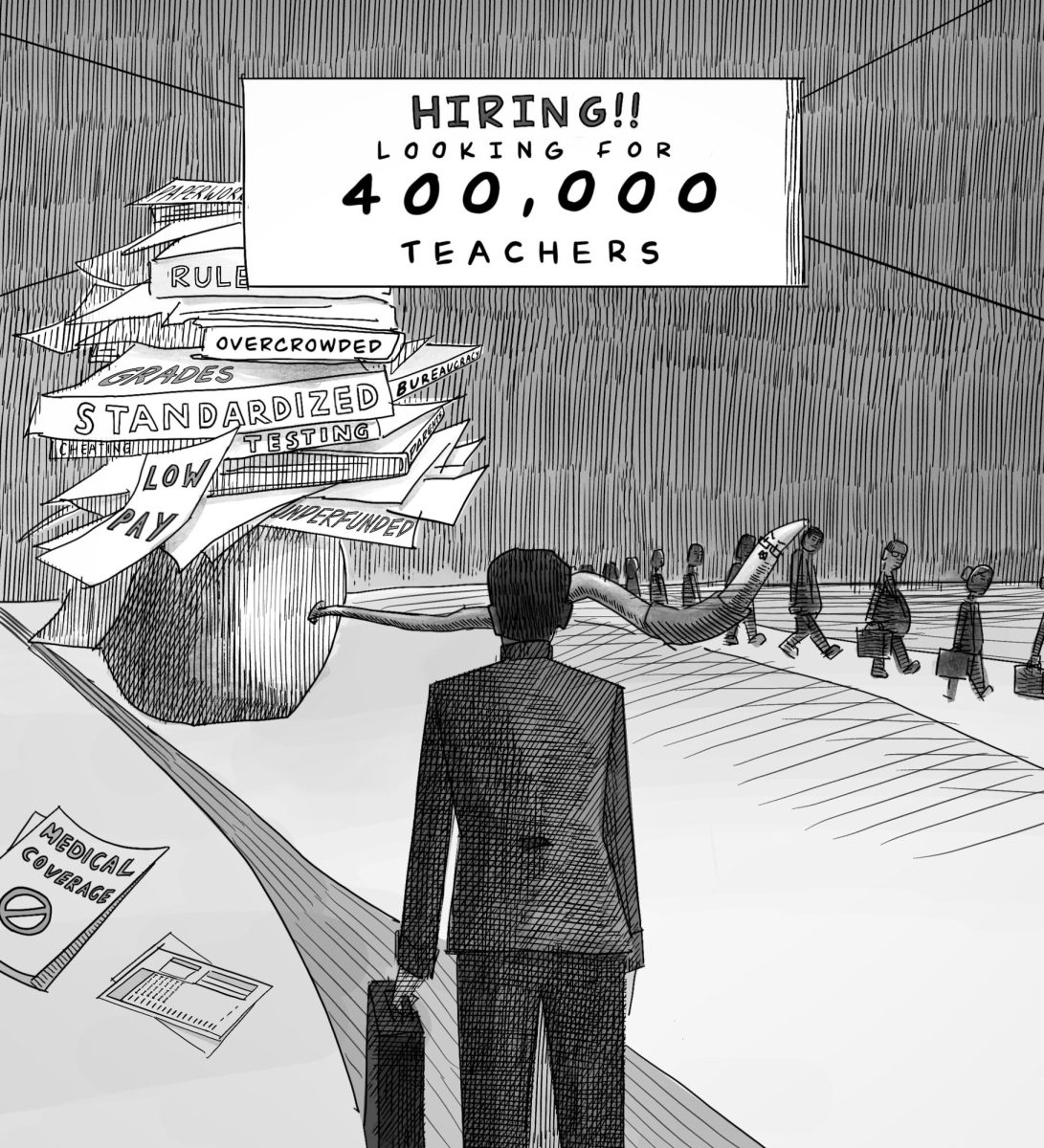According to a report released by SOMO, or the Center for Research on Multinational Corporations, major pharmaceutical companies including Pfizer and Moderna generated profits of approximately $90 billion from COVID-19 vaccines and medications during the height of the pandemic. These numbers fanned the flames of a growing debate on the extent to which major pharmaceutical companies, commonly referred to as Big Pharma, should profit from vital medications. In August of this year, President Biden revealed his plan to make pharmaceutical drugs more affordable for Americans and named 10 drugs in Medicare that will be on the table for price negotiations. According to the Department of Health and Human Services, these lifesaving drugs have been historically overpriced with Medicare enrollees paying on average $6500 for their medications in 2022. Despite the backlash that the government shouldn’t heavily regulate businesses by interfering with their prices, efforts to advance drug negotiations with these companies are necessary to achieve affordable and accessible medical care for all Americans.
A monopoly occurs when there is only one supplier of a good or service, making that single firm a price setter, or a corporation with the power to set the market price. Due to Big Pharma’s strategic patents, they have monopolized the industry for specific medications and thus, set unreasonably high prices on essential drugs. According to an article in Time Magazine, Eylea, a drug treating an eye condition called macular degeneration, has over 90 approved patents, making it nearly impossible for generic pharmaceutical companies to make an affordable variation. U.S. citizens suffering from this condition must currently pay $1800 per dose, while those in the UK only pay roughly half that amount. President Biden argues, “Big Pharma is charging Americans more than three times what they charge other countries.” The pharmaceutical industry’s intentions are clearly profit-driven and risk the health of many Americans.
Big Pharma’s patents and monopolies not only jeopardize the well-being of many people but also prevent other businesses from entering the market. These patents, typically lasting for 20 years and preventing the production, use, and sale of the patented drug, force companies who want to compete with Big Pharma to develop their own medications, a lengthy and costly process. According to a study by the London School of Economics and Political Science, the predicted cost of bringing a new drug to market was about $1.3 billion. With Big Pharma making an estimated $214 billion in profit in 2022, this cost is a small drop in the bucket. However, smaller firms attempting to make affordable options are typically unable to cover these expensive research and development costs, keeping the Big Pharma companies as the main profiteers.
Many of the pharmaceutical corporations targeted by the Inflation Reduction Act claim that the federal government is overstepping its power by attempting to regulate drug prices. Big Pharma is essentially required to go through with the negotiations or they will face heavy tax penalties. However, given that these pharmaceutical companies have thrived from government subsidies or tax breaks in the past and they continue to prioritize profit over the health of millions of Americans, the government has a right to interfere.
The United States has historically supported a more laissez-faire economy, where private firms maintain most of their autonomy with little oversight from the federal government, especially concerning setting prices. While this philosophy should remain true for the most part, Big Pharma’s misuse of power by setting unreasonable prices and preventing all competition within their industry warrants such interference by the federal government. The price negotiations are a relief for many Americans struggling to afford the drugs they need and are the first step toward a more positive, hopeful future where healthcare is affordable to all.












